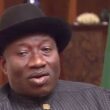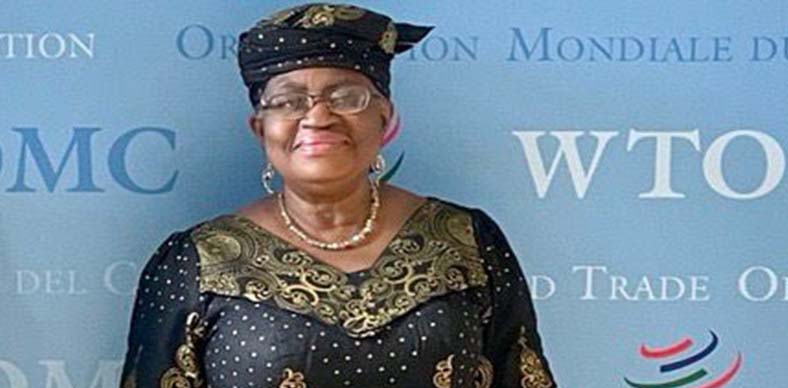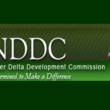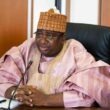The World Trade Organization (WTO) has raised concerns over the potential negative effects of new tariffs imposed by the United States on global trade. WTO Director-General Ngozi Okonjo-Iweala cautioned that these trade measures could lead to a contraction in global commerce and slow economic growth worldwide.
On April 2, US President Donald Trump announced a set of sweeping tariffs on all imported goods, including a 14 percent tariff specifically targeting products from Nigeria. This decision has drawn global attention, with many WTO member countries voicing their concerns about the economic impact.
In a statement issued on Thursday, Okonjo-Iweala noted that the WTO is carefully monitoring the situation and actively engaging with affected countries. She warned that these new tariffs, combined with previous trade restrictions introduced earlier in the year, could lead to a decline in global trade volumes by approximately 1 percent. This is a significant adjustment from previous estimates, which had projected a more stable trade outlook.
“The recent announcements will have substantial implications for global trade and economic growth prospects.
“While the situation is rapidly evolving, our initial estimates suggest that these measures, coupled with those introduced since the beginning of the year, could lead to an overall contraction of around 1 percent in global merchandise trade volumes this year, representing a downward revision of nearly four percentage points from previous projections,” she said.
Beyond the immediate economic effects, Okonjo-Iweala also noted that the tariffs could escalate trade tensions worldwide. If other countries retaliate with their own trade barriers, it could further restrict the flow of goods and disrupt economic stability.
Despite the growing trade restrictions, she pointed out that a majority of global trade is still conducted under the WTO’s Most-Favored-Nation (MFN) terms. However, this share has declined from 80 percent at the beginning of the year to 74 percent currently. She urged WTO member countries to work together to prevent trade conflicts from worsening.
“It is important to remember that, despite these new measures, the vast majority of global trade still flows under the WTO’s Most-Favored-Nation terms.
“Our estimates now indicate that this share currently stands at 74 percent, down from around 80 percent at the beginning of the year. WTO members must stand together to safeguard these gains,” she stated.
Okonjo-Iweala also reiterated the critical role of the WTO in times of economic uncertainty, calling for dialogue and cooperation to avoid further disruption to international trade.
“The WTO was established to serve precisely in moments like this — as a platform for dialogue, to prevent trade conflicts from escalating, and to support an open and predictable trading environment,” she said.










